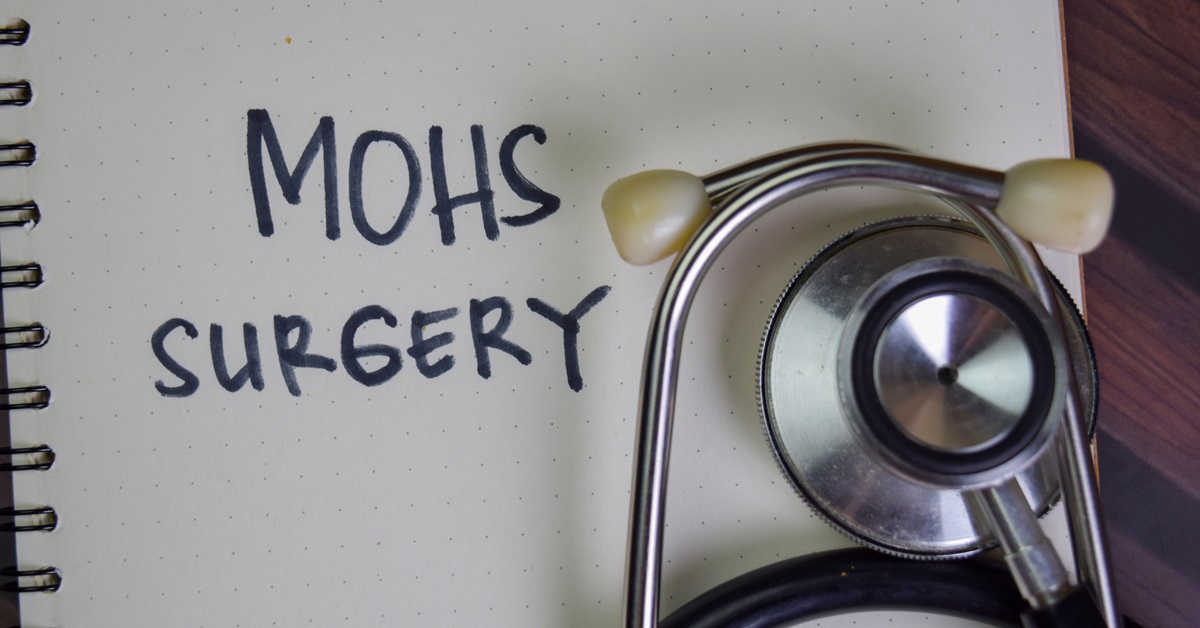Understanding the Benefits and Risks of Mohs Surgery

Mohs surgery stands as a beacon of hope for many dermatology patients, especially those battling skin cancer. Named after Dr. Frederic Mohs, the procedure has revolutionized the way dermatologists approach the treatment of various skin cancers, offering a ray of hope where uncertainty once loomed. So, let’s demystify Mohs surgery for dermatology patients, and shed light on its benefits, risks, and what one can expect before, during, and after the procedure.
Introduction to Mohs Surgery
Developed in the 1930s by Dr. Frederic Mohs, Mohs surgery was initially met with skepticism. However, over the decades, it has proven to be an invaluable tool in the fight against skin cancer, offering high success rates and minimal tissue damage. Its precision and effectiveness have made it the gold standard for treating many types of skin cancer, particularly basal and squamous cell carcinomas, and even some kinds of melanoma.
How Mohs Surgery Works
Mohs surgery is a meticulous process that involves the progressive removal and examination of skin tissue until all cancerous cells are eliminated. Unlike other treatments, Mohs allows immediate microscopic examination of the tissue, enabling the surgeon to target only cancerous cells while preserving as much healthy tissue as possible. This technique not only ensures the thorough removal of cancer but also minimizes the risk of recurrence, making it a preferred choice for tumors in cosmetically sensitive areas.
Benefits of Mohs Surgery
The advantages of Mohs surgery are numerous, including:
- High Success Rate: With a cure rate of up to 99% for certain cancers, Mohs surgery is incredibly effective, especially for skin cancers that have recurred after previous treatment.
- Tissue Conservation: By targeting only malignant cells, the procedure preserves more healthy tissue than traditional excision methods, making it ideal for lesions on the face and other visible areas.
- Immediate Results: The in-situ microscopic examination allows for the immediate assessment of tissue, reducing the need for repeat surgeries and enabling swift treatment.
Risks and Complications
Despite its effectiveness, Mohs surgery is not without potential drawbacks. Complications, while rare, can include:
- Infection: Like any surgical procedure, there’s a risk of infection, although this can usually be managed with antibiotics.
- Scarring: While Mohs minimizes scarring compared to other treatments, some degree of scarring is inevitable.
- Nerve Damage: In rare cases, surgery can affect small nerves in the skin, leading to temporary or permanent sensation changes.
Patient Preparation
Preparing for Mohs surgery involves several steps to ensure the best outcomes:
- Medical History Review: Inform your surgeon about any medications you’re taking and any medical conditions, as these can affect surgery and recovery.
- Skin Care: Avoid any non-essential skin treatments in the weeks leading up to surgery.
- Day-of-Procedure: Typically, Mohs surgery is performed on an outpatient basis under local anesthesia. Patients are advised to wear comfortable clothing and may need to arrange for someone to drive them home.
Real Patient Experiences
Most of our patients express relief and satisfaction with the process, particularly noting the peace of mind from knowing the cancer was removed with precision. While recovery experiences vary, the consensus is that following post-operative care instructions plays a crucial role in healing and minimizing scarring.
The Importance of Informed Decision-Making
Mohs surgery offers a highly effective, tissue-sparing option for treating skin cancer, boasting high success rates and minimal scarring. However, as with any medical procedure, it’s crucial for patients to understand the potential risks and complications.
By engaging in open dialogue with one of our board-certified dermatologists, patients can make informed decisions about their health care, ensuring the best possible outcomes. Remember, knowledge is power, especially when it comes to navigating the complexities of cancer treatment.



